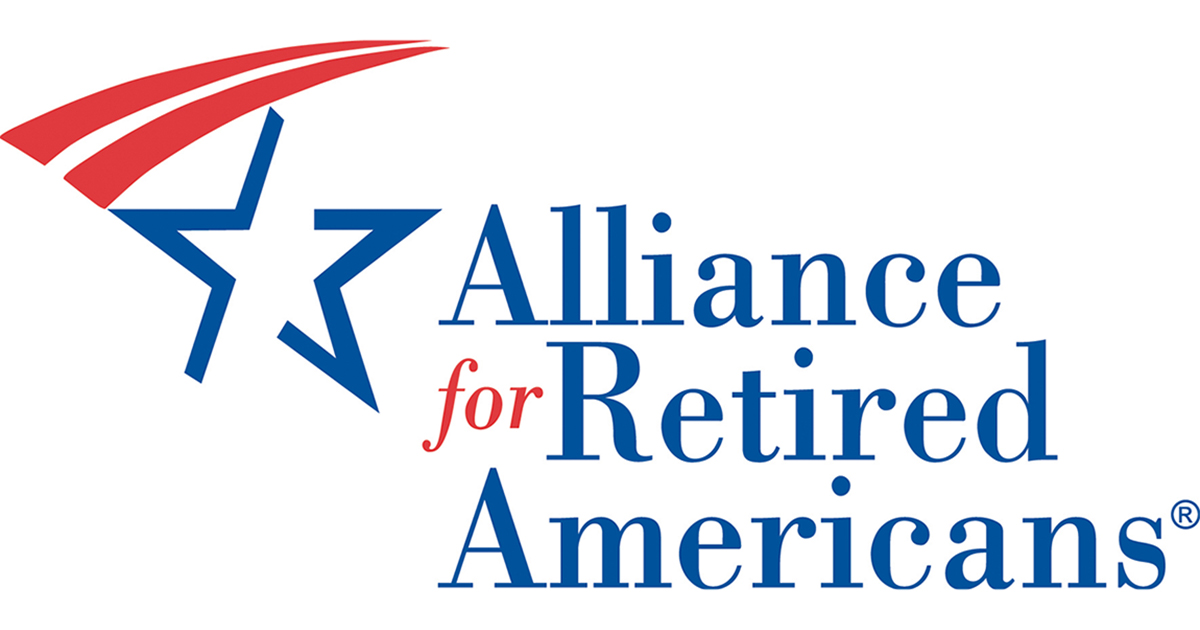May 02, 2022
Sen. Warren, Experts Highlight Executive Actions to Lower Drug Prices
In a letter to HHS Secretary Xavier Becerra, Senator Elizabeth Warren (MA) outlined a number of executive actions that the Biden administration could take to lower the cost of prescription drugs.
Backed by legal and medical experts from Yale Law School, Harvard Medical School and Columbia Law School, the Senator provided an extensive list of options for lowering drug prices without additional Congressional intervention.
Sen. Warren mentions ‘government patent use power,’ as one action the Executive branch could take. This option formalizes the government’s ability to use any “invention described in and covered by a patent of the United States” without a license, provided that the use is “by or for the United States” and the patent holder is afforded “reasonable and entire compensation.” As recently as the 1960s and 1970s, federal agencies used government patent use power to procure low-cost versions of patented medicines.
Other possible actions come by way of the Bayh-Dole Act’s “royalty-free license” and “march-in rights.” Adopted in 1980, the Bayh-Dole Act was intended to ensure that the public would not be deprived of the benefits of inventions that it had effectively sponsored through government-funded research.
Royalty-free licenses to covered patents permit the government to manufacture drugs for its own use or license production on the government’s behalf. Sen. Warren writes that the plain text and statutory purpose of the Bayh-Dole Act make a strong case that this option encompasses production of drugs for use by government programs such as Medicare and Medicaid.
March-in licenses can be authorized if a patent holder has not taken “effective steps” to “achieve practical application” of a drug or if “action is necessary to alleviate health or safety needs which are not reasonably satisfied” by the patent holder. Sen. Warren writes that excessive pricing alone should provide sufficient grounds for exercising march-in rights.
“As important as these Administrative actions are, these recommendations are not a substitute for strong Congressional action. Congress must put the needs of patients first, and pass legislation curbing the pharmaceutical industry’s monopoly power and allowing Medicare to negotiate lower prescription drug prices. A cap on the price of insulin is also important,” said Richard Fiesta, Executive Director of the Alliance. “Americans continue to pay the highest prices in the world for prescription drugs, and comprehensive action is needed.”

